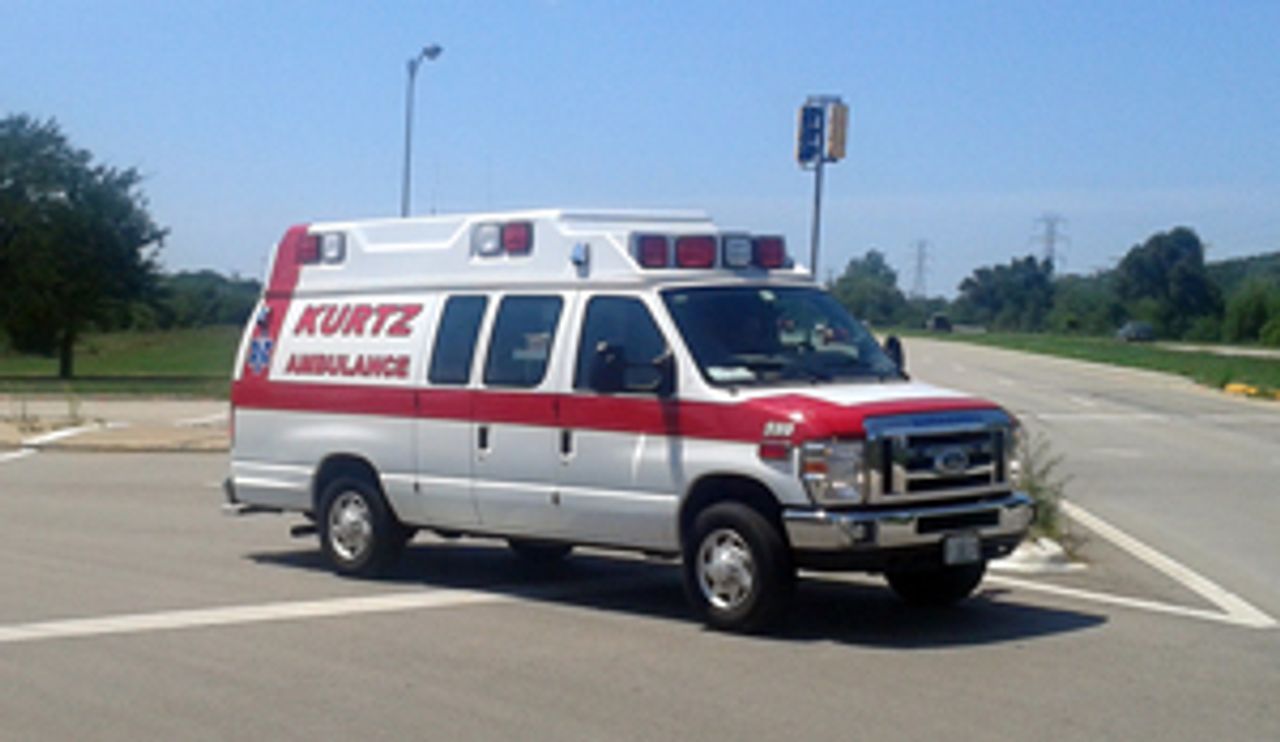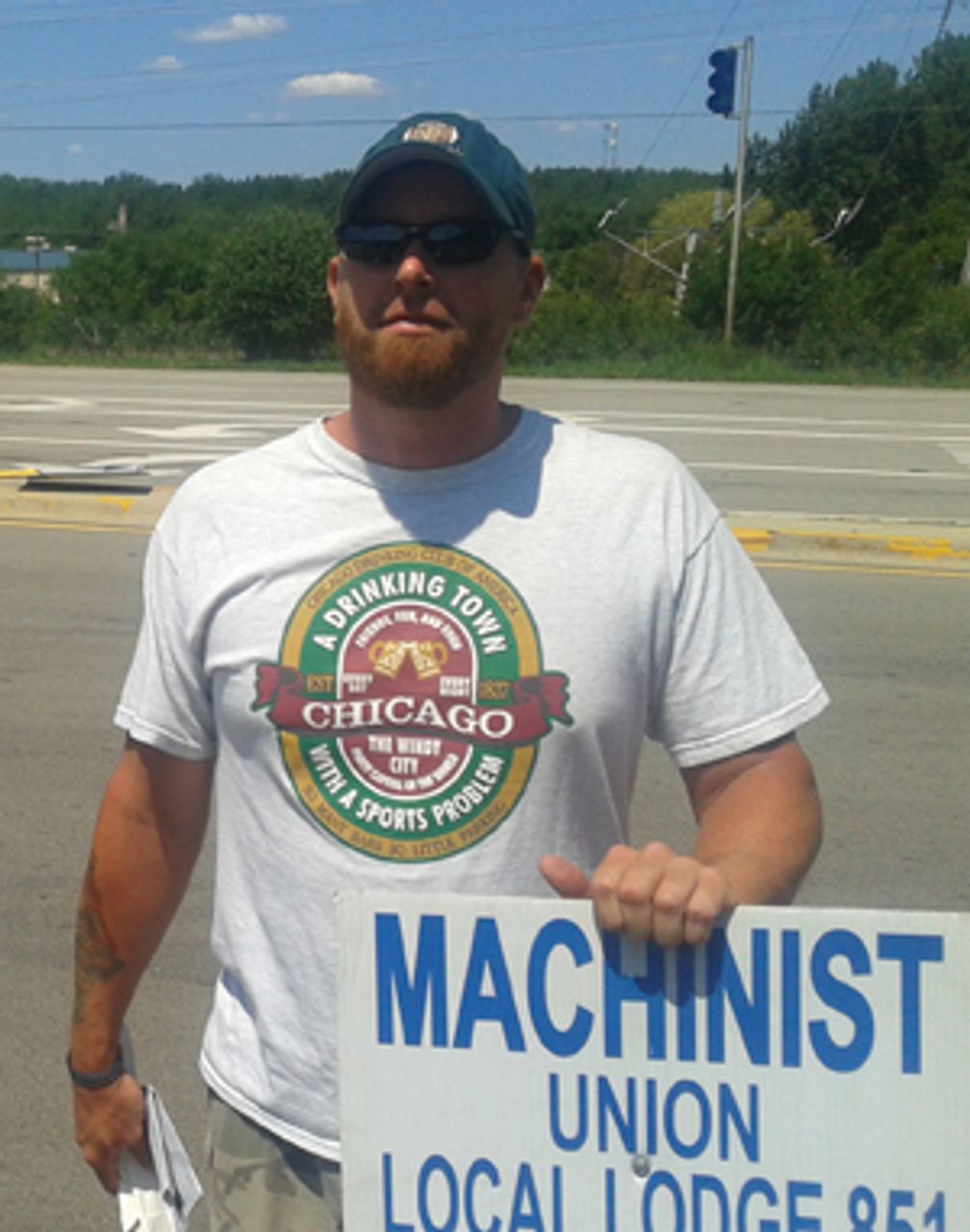Reporters from the World Socialist Web Site spoke to workers at the Caterpillar picket line in Joliet Illinois. Workers spoke about the prospects facing their strike along with the high-publicized visits by Illinois Governor Pat Quinn and US Senator Dick Durbin.
A woman with 18 years, who commutes 30 miles to the plant, said that Quinn's visit to the picket line was "a publicity stunt. He gave us $10,000, but that went to food. Sure, they are feeding us, but where are we supposed to eat it? People are losing their homes and apartments. CAT was probably laughing." She added: "As for politicians, I think they are all crooks."
Another worker with 20 years, said, "CAT management doesn't understand that workers make the profits. People can't exist in this area on less than $15 an hour. This crap of the CEO making 300 or 400 times more than the factory worker has to end.
"I run a station with a bank of 8 machines that operate simultaneously, and never stop. They produce parts at a tolerance of .00013 millimeters. Do you think some replacement can do that? And then we had nitwit managers with no experience telling us what to do. Three weeks before we went out they called what we do 'monkey work'."

As we talked to workers, an ambulance came and went. Strikers noted that prior to the strike, they had gone more than 700 days without injury. Now they spot an ambulance roughly once a week, and they understand that the company is calling in taxicabs to take out those with non-emergency injuries so that strikers can't spot it.
Joe, a younger worker, felt that "not everything is out in the open. Where do we go from here? Either they hire replacements, or we negotiate. There shouldn't be a grey area, but that is what we are in.”
When asked what he thought about the role of the unions in negotiating no-strike clauses at UAW plants and elsewhere: “That should be the first thing in a contract, the right to strike. It shouldn't be negotiated away.”
 Jeff
JeffHe started three weeks before the strike began, and thought he finally landed a decent paying job with a future. “Jobs around here? Unless you are going to do warehouse stuff where they pay you per pallet or per box, there is nothing except the refinery (10 miles away) or the railroad. Otherwise you will get $9 an hour, just above minimum wage.
Pointing to the departing ambulance, he noted, "I used to work for a private ambulance company, and after two years, I only made $9.50 an hour.”
As we talked to Joe, a G&D truck came out of the Caterpillar facility. Jeff, a worker of 19 years, told us, "Those workers are about to lose their jobs too. CAT found someone cheaper."
G&D Integrated, based in Morton, Illinois, has lost its contract to Caterpillar and over 200 layoffs are expected in Peoria and Decatur. A logistics and trucking company, it specializes in the collection, warehousing and delivery of manufacturing products. Caterpillar has once again found ways to cut costs at the expense of wider layers of workers.
Subscribe to the IWA-RFC Newsletter
Get email updates on workers’ struggles and a global perspective from the International Workers Alliance of Rank-and-File Committees.
